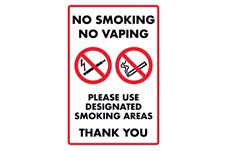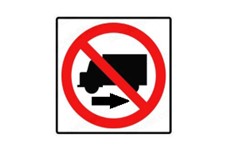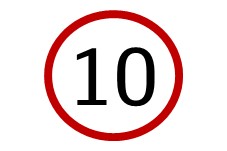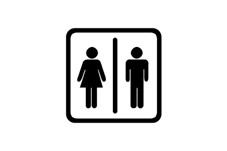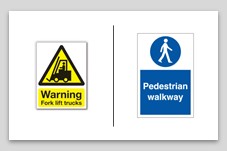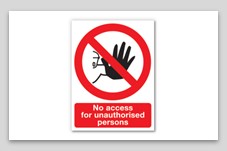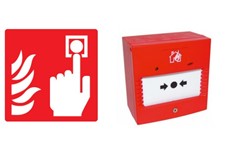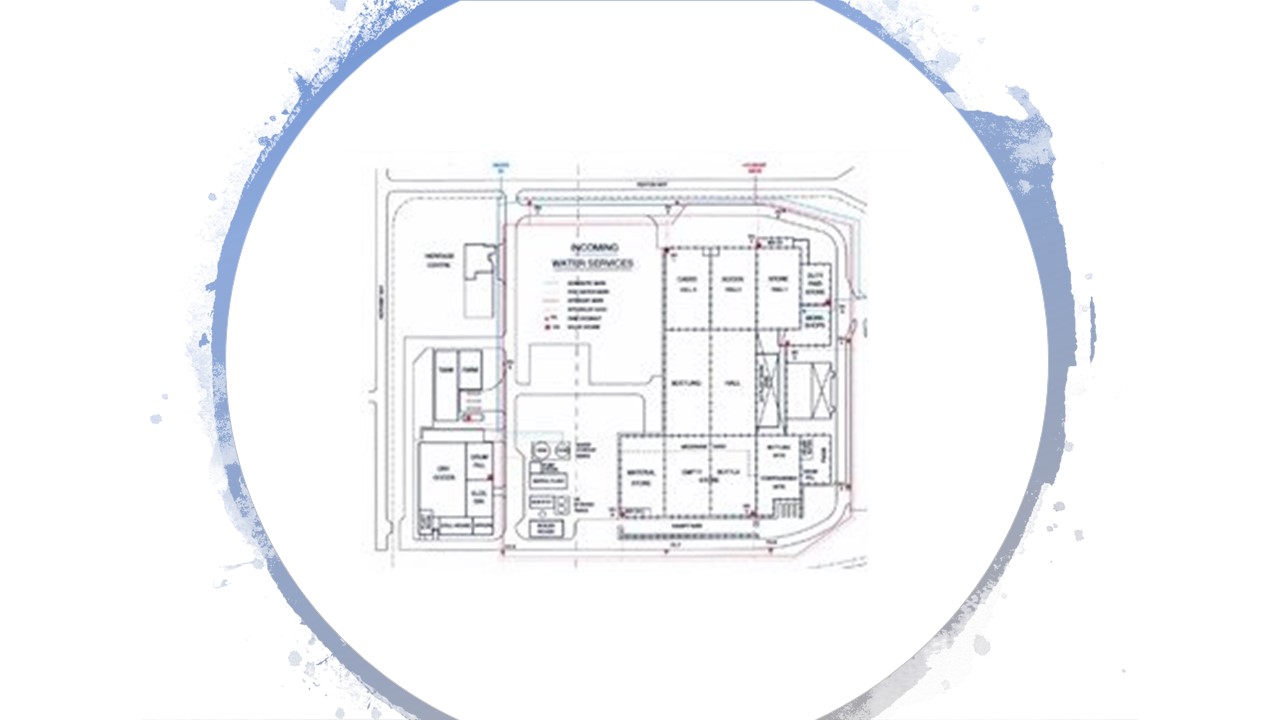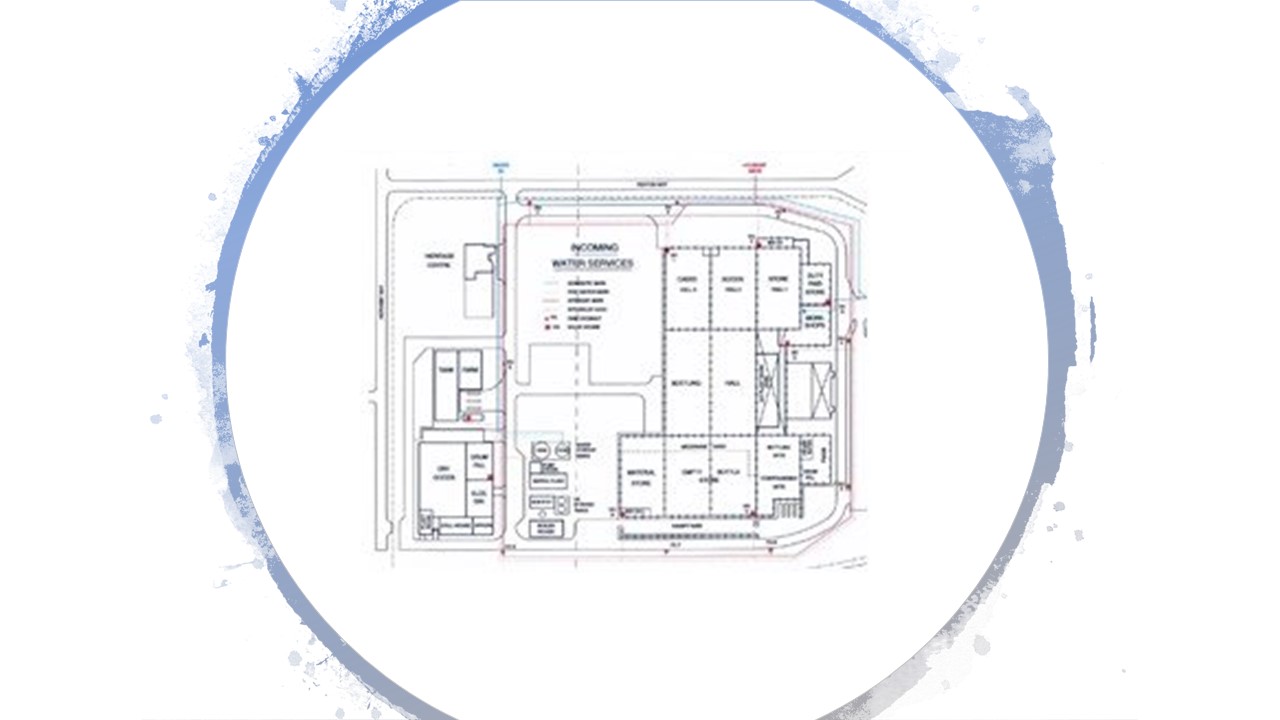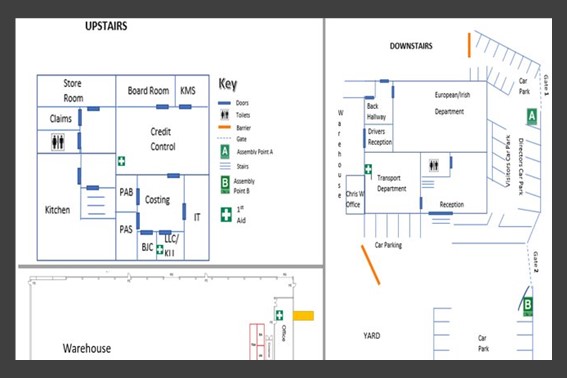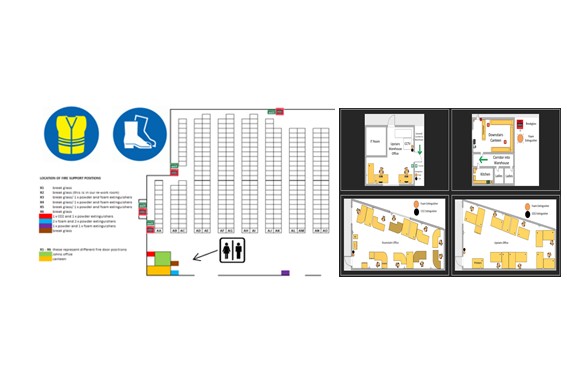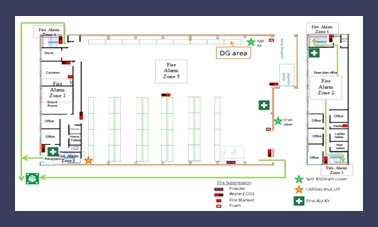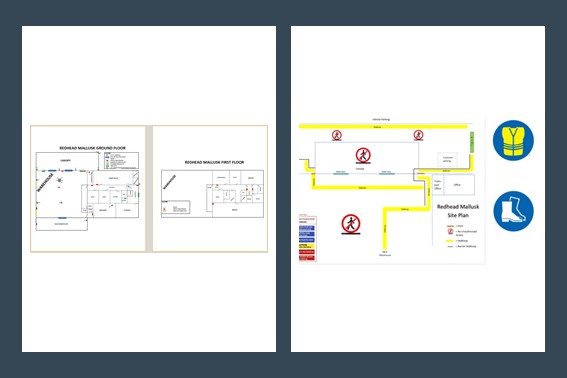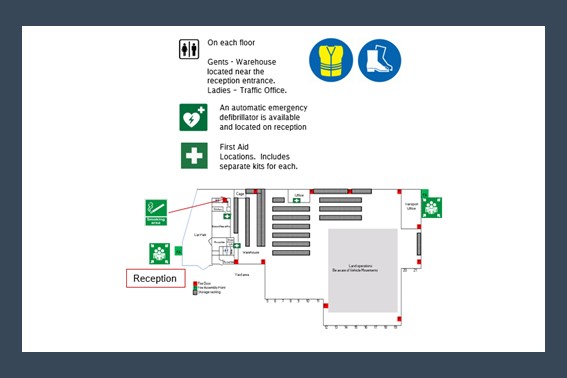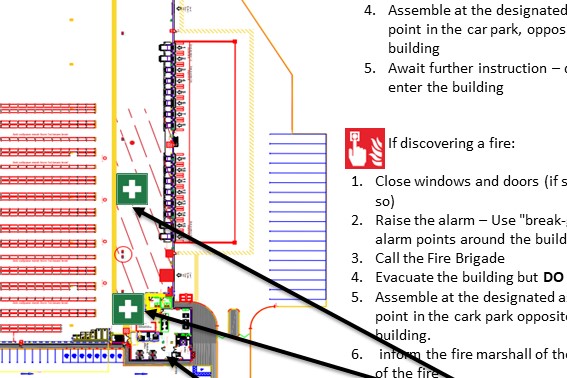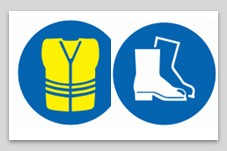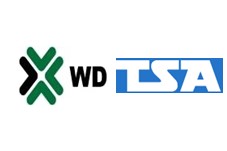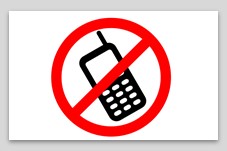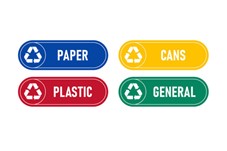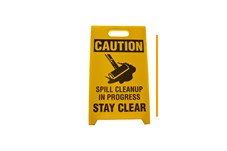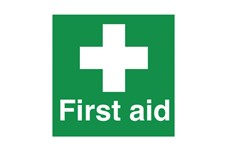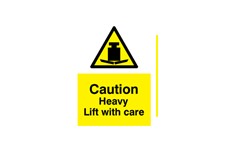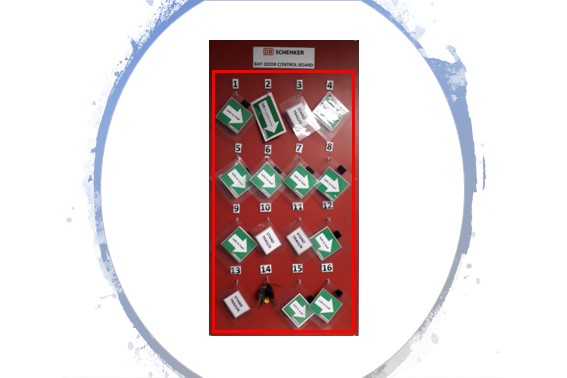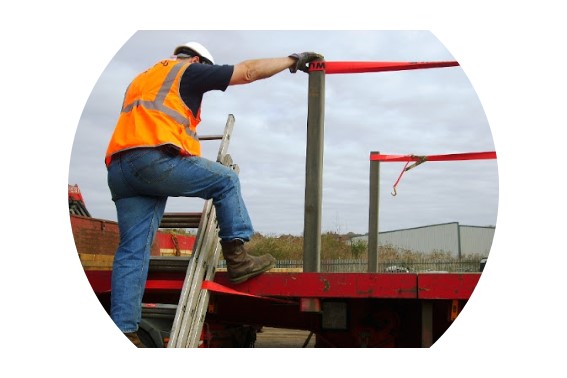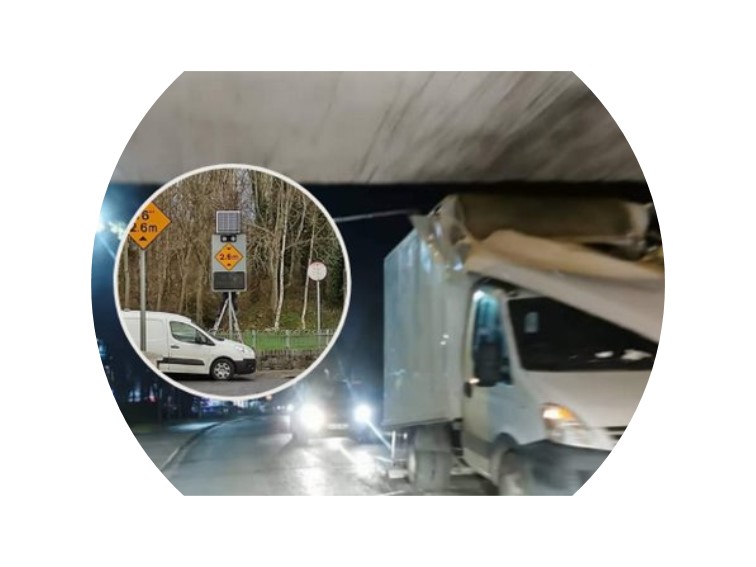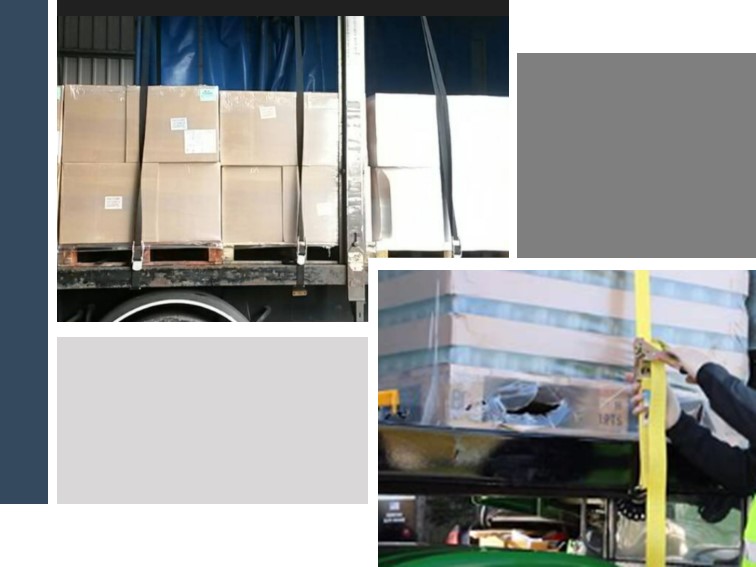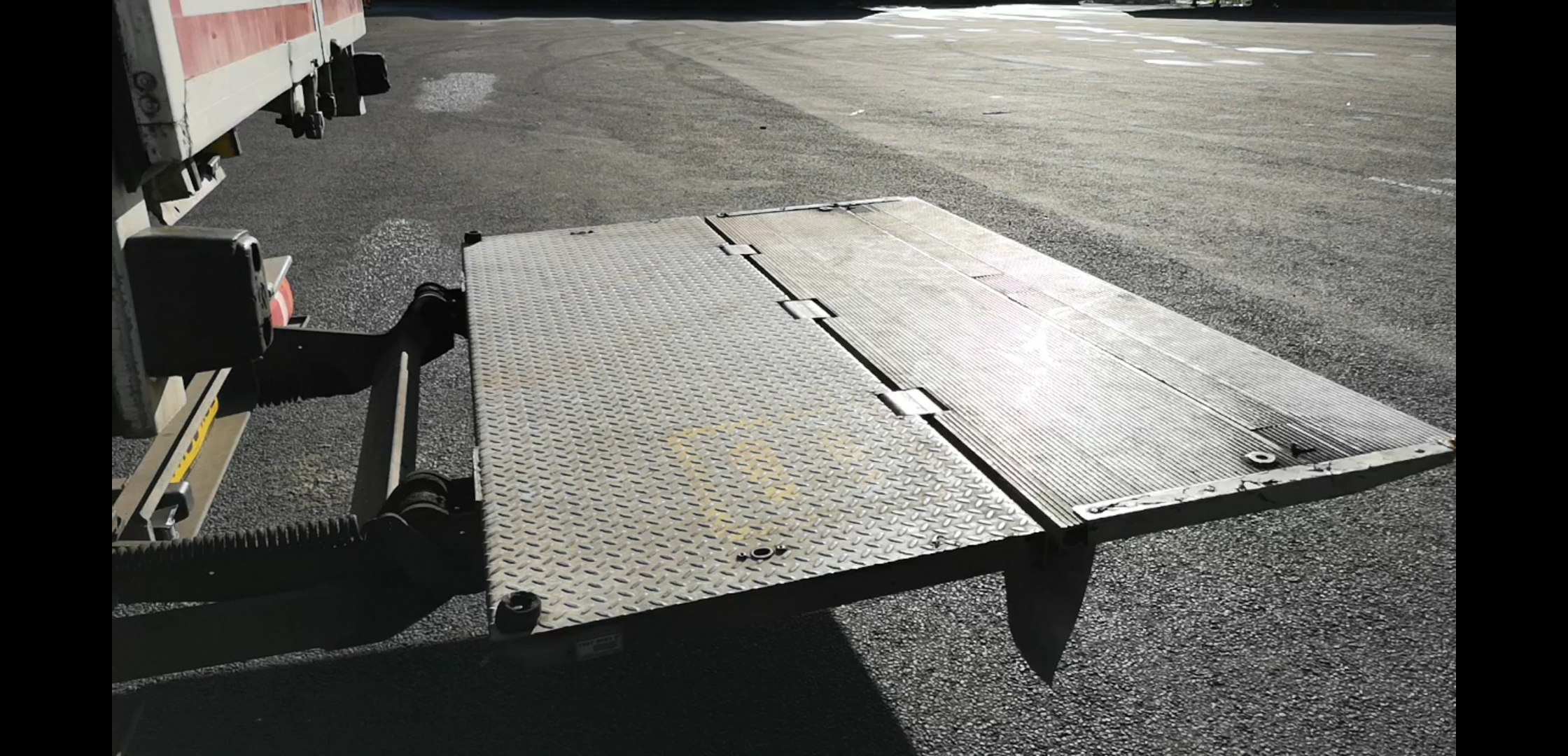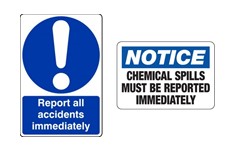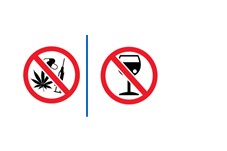Title Page
-
Site conducted
-
Business unit
-
Competent Person Conducting Induction
-
Agency driver Name
-
Agency Name
-
Induction Reference No.
-
Driving Licence.
- C1
- C
- C1E
- CE
Untitled page
-
Welcome to our facility and wish you have safe visit. Do note we have take all reasonable steps to maintain a high standard of hygiene within our facility which includes increased deep cleans with regular touch point cleaning of frequently touched and used areas. There is no requirement to socially distance, but please be respectful of other staff and visitors who may wish to maintain a space between one another and not be amongst crowds of people within the spaces including, but not limited (Kitchens, Lifts, and meeting rooms) or whilst holding face to face conversations.. When entering the building you will be requested to take your temperature. If you have a temperature over 38C, you are not permitted to enter the building and will be requested to re-book your visit. When on site, it is advisory to wear a face covering when moving around the building.
-
Photo of inductee.
-
Frequency of return visits
- Regular (Min several visits per year)
- Infrequent (Specific, return greater than Once a year)
-
A refresher induction will be required after 24 months for business policy/process updates
-
Please provide Photo of Driving Licence including any special endorsements for special load types.
-
If no visit after no return for 12 months. An induction refresher is required
-
Are you going to carry dangerous goods?
-
Does your licence have the appropriate endorsements to permit you to do so?
-
Does your vehicle/trailer have the appropriate number of fire extinguishers (All serviced within the last 12 months)?
-
To be permitted to carry dangerous goods, your vehicle and trailer must be fitted with suitable fire extinguishers, all serviced within the last 12 months.
-
In the event of a chemical spill (Irrespective of the cause) you must report this as a matter of urgency. Inform any member of the Schenker team who will instigate action from the trained emergency spill response team using equipment and consumables held on site.
-
You are not permitted to carry dangerous goods.
-
You are not allowed to carry dangerous goods!
Schenker Site Rules
-
You do not have permission to operate FLT's/PPT's and any other Schenker owned equipment. If you need anything moving, please ask a member of Schenker staff who will be able to assist.
-
No Smoking On Site (Except in designated areas) This includes e-cigarette/vaping
-
No reversing without a banksman. This applies to any vehicle where your view of what is around you (in any direction) is obscured and not clear. At Schenker we have trained banksman who can help, please ask a Schenker staff member to assist.
-
Site Speed Limit is typically 10mph. Do be mindful that some different areas within the site, a lower limit may apply, therefore you must observe the site speed limits signs and take advice offered by staff.
-
Facilities are provided, please take advantage of these routinely cleaned facilities for all your welfare needs. Please be mindful of the next user, clean and tidy after yourself and leave the facility in a state you'd expect to find it.
-
Within our warehouses and yard areas, fork lift trucks, other lifting equipment together with HGV's and other goods carrying vehicles are in operation. Be mindful of the maneuverability and stopping distances of these vehicles, it is easier for you to stop and avoid them than vice versa. Stick to pedestrian walkways when walking from point to point in these areas.
-
Be Mindful and respect the Unauthorised Person Access Areas. This may change during any work activity.
Fire Safety
-
If you discover a fire you must raise the alarm by activating the nearest call point then leaving the building by the nearest exit. Prominent escape signage will be throughout the facility.
-
In the Event of an alarm, report to the nearest assembly point. (As per map)
- Ballycoolin Land
- Basildon
- Belfast
- Bradford Dealburn Road
- Bradford Spartan Road
- Cumbernauld
- Middlewich
- Nuneaton
-
-
-
-
-
-
-
-
-
Your nearest assembly point is located:-
-
As part of our emergency preparedness programs on site, we test our alarm weekly. The scheduled tests are planned for?
-
When working on our sites, you must sign in at RECEPTION (Drivers reception if collection/delivery driver)upon arrival and sign out when you LEAVE. This applies for each day you are working.
Personal Protective Equipment (PPE)
-
Our Sites with warehouse and yard areas have a site minimum requirement of Hi-Vis Coats/Tabards and Safety footwear
-
In accordance with your Risk Assessment and Method Statement (RAMS) is there a requirement for additional PPE?
-
Please list
- Face Shield
- Fabric/Paper Overalls
- Gloves
- Hearing Protection
- Safety Glasses/Goggles
- Other
-
Is your additional PPE manufactured to EN standards?
-
Advise standard and how this ensures your safety
Freight Security
-
Some sites have a higher level of security to comply with regulatory requirements. If you are required to haul our freight that has UK Civil Aviation Authority or the Irish Aviation Authority requirements, you must have undertaken the relevant training. Additionally, some of our sites are enhanced security sites for this purpose. Our security on our sites starts upon your arrival. Please register your attendance on site by reporting to the drivers reception and following the instructions provided. If you're unable to follow these instructions, please report your concerns to a site representative. . Please display your security passes at all times whilst on our site and hand back to reception when your visit is concluded.
-
Does your Schenker Site require a higher level of aviation security training?
- Cork
- Heston LDC
- Heathrow
- Nuneaton
- Shannon
- None of the Above
-
Evidence of Aviation Security Training
- Evidence of Photo/Upload provided
-
Evidence of Aviation Security Training
- Evidence of Photo/Upload provided
-
Evidence of Aviation Security Training
- Evidence of Photo/Upload provided
-
Evidence of Aviation Security Training
- Evidence of Photo/Upload provided
-
Evidence of Aviation Security Training
- Evidence of Photo/Upload provided
Mobile Phones
-
The use of mobile phones whilst driving or operating equipment is prohibited. Mobile phones are also a distraction at other times, only make/take your calls in safe environments such as an office, meal room or similar away from lifting equipment, operational plant and vehicles etc.
Environmental Considerations
-
At Schenker, we consider nothing as waste until it is wasted, as part of our wider sustainability goals, in the 1st instance we prioritise reusing or finding an alternative use. If something must be disposed of, please ensure the correct waste stream is used. (We welcome any suggestions for alternative uses for our waste). As part of your role, you shouldn't be generating any wastes, but if this does occur, please following the client's waste management requirements.
-
If during your task and any spillages of chemicals or controlled substances occurs, or you witness a spillage, please report this immediately to a member of staff. Schenker have trained staff and equipment to safely and effectively to contain any spillages. If any spillages occur on a client's site, they should be informed for their emergency team to deal with the issue.
-
Are you generating wastes as part of your task
First Aid
-
Trained first aiders are available across the site to assist you. Should you require first aid, please report to the nearest Schenker member of staff who will be able to assist and get you the help you require.
-
As part of your work group are you using your own First Aid trained staff?
Manual Handling
-
Be mindful of the risks posed by manual handling. Please ask any of the Schenker team if we can assist with the movements of your equipment and other work materials.
Driver Safety on and away from Schenker sites.
-
When on a client's site, you are required to follow their site rules, these rules maybe higher than the rules required on Schenker sites. Whichever rule is higher, this will be the minimum standard you will operate at.
-
You do not have permission to operate FLT's/PPT's and any equipment on a client's site. If you need anything moving please ask a member of their staff who will be able to assist. You will be provided with equipment onboard your vehicle, the client does not have permission to use this equipment.
-
Driver Pull Offs!. In order to protect warehouse staff from the dangers of a vehicle pulling off whilst loading. You will be required to hand over your vehicle keys. For your protection, during the loading period, you will be required to wait in your vehicle or dedicated waiting point. (For your confidence, on Schenker sites, your keys will be placed in a safe place to prevent accidental loss. Upon completion of the loading process, your keys will be returned to you. You may inspect the load to ensure correct loading has been applied before you commence your journey. The necessary system applicable on client's site to prevent pull offs will be adhered to.
-
Working at height is discouraged on Schenker and client sites. You must perform as much of your work as possible from the ground. If it is necessary to work from height, this must be kept to a minimum and equipment manufactured for this purpose be used. It is forbidden to climb the sides of a trailer using the trailer guards or other non-approved climbing points.
-
Vehicle and trailer/load heights. The standard minimum clearance over every part of the carriageway of a public road is 16 feet 6 inches (5.03 metres). When the clearance over any part is less than this, standard warning signs both on and prior to the structure should be provided. Areas that are vulnerable such as pipebridges, overhead gantries etc should be clearly identified and height restrictions clearly marked. You are required to know the height of your cab and trailer. In cab signage will be provided, but if you change trailers, you are required to update yourself with this information. Measuring equipment is provided to you for this purpose and should be used, this also applies if you're transporting a flat bed trailer with a tall load.
-
Load - Strapping and securing.
Internal Straps - These must be always used to secure pallets internally, any pallet/item which is loaded on your vehicle which is 400kgs or less should be secured with internal straps.
Ratchet straps - Anything over 400kgs must be secured with ratchet straps to the bed of the trailer/vehicle.
If the vehicle you are driving does not have these, please come speak to one of the operators in the office. If you are unsure about the strapping/ratcheting requirements, please don't hesitate to seek help from one of our operators. -
Operating vehicles with tail lifts.
In order to protect you when operating a tail lift. You are required to operate the equipment as designed for the vehicle. This includes lowering the lift to ground before you start unfolding the plates or returning them to the folded position..
This will ensure your exposure to manual handling related hazards are reduced by having all the straps/lifting aids fully accessible when raising and lowering the lift plates and allowing you to stand in the correct position. It also allows the plates to move freely in their intended direction without being hindered by other parts of bodywork on the vehicle.
These control measures reduce the risk of trapping your hands/legs and in any part of this mechanism. -
Type of delivery
- Kerb side delivery
- Back Door Tip
- Side Curtain Tip
-
For kerb side deliveries, this service and agreement is only a drop on the side of the road (kerb) only. The client is required to make their own arrangements to have the goods moved beyond this point. The client is not allowed to borrow and use our equipment for this purpose. Any part of this process, the client is not allowed to assist and is required to keep a safe distance away whilst our activities are taking place.
-
Back door tips usually occur on sites with bays/dock levelers. You are only required to open you back doors, reverse onto the bay/leveler and then wait in your cab (If required you will wait in your cab/dedicated waiting place and if requested hand over your keys.
-
You are required to open your curtain sides, remove any boards/posts and straps. You are then required to wait in your cab or dedicated waiting room, if requested you will hand over your keys whilst this is being performed.
Incident Reporting
-
All accidents, incidents including those with an environmental impact, please report these to a Schenker member of staff to minimise your exposure.
Drugs and Alcohol
-
Schenker has a ZERO tolerance to being under the influence of drugs and alcohol and detailed in QSHE SOP 009 Substance Misuse Process, if you are involved in an accident at a Schenker facility, part of the investigation may involve an alcohol and drugs test performed by our in-house trained managers/approved testers. Additionally, should anyone be suspected of being under the influence of alcohol/drugs and verified by 2 managers, this may result in a test. Failed tests will result in removal from site. Upon completion of this induction and commencement of your task you are agreeing to submit to a drugs and alcohol test if requested to do so.
Agreement
-
At Schenker we strive to exceed our customers expectations, keep our colleagues safe as well as our guests and visitors to our sites and this includes you! The way we manage this is by complying to the international standards ISO 9001:2015, ISO 14001:2015 and ISO 45001:2018 as well as our legal obligations under the Health and Safety at Work (UK) and Safety, Health and Welfare (IE) Acts. We appreciate your assistance and by completing this induction and complying with the guidance detailed above, you are helping us achieve our aims. Our certificates are available for you to view together with our QSHE policy which has been approved by our UK and Ireland CEO
-
I confirm understanding of all the site rules and arrangements.
-
Signature of Driver
-
Date






